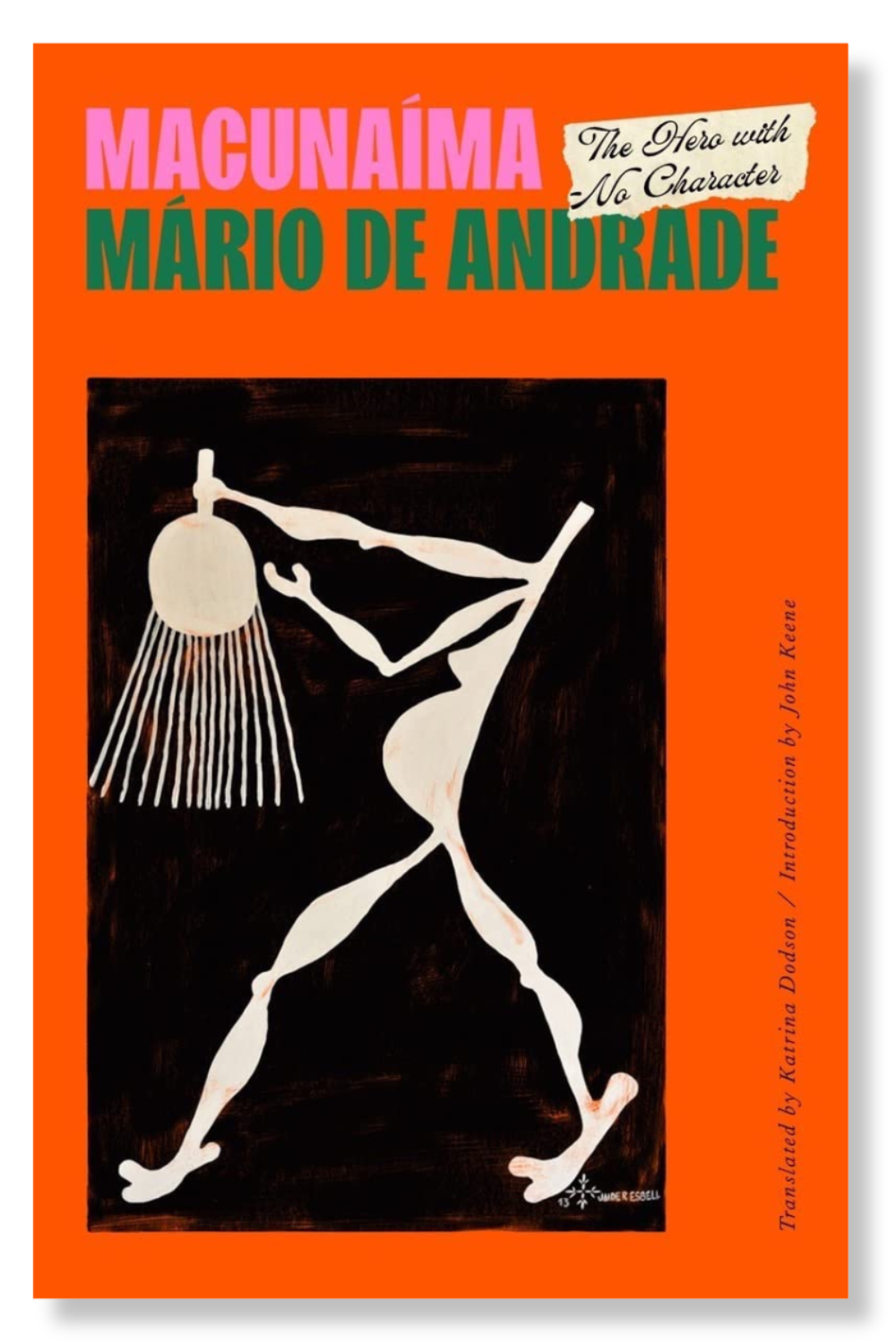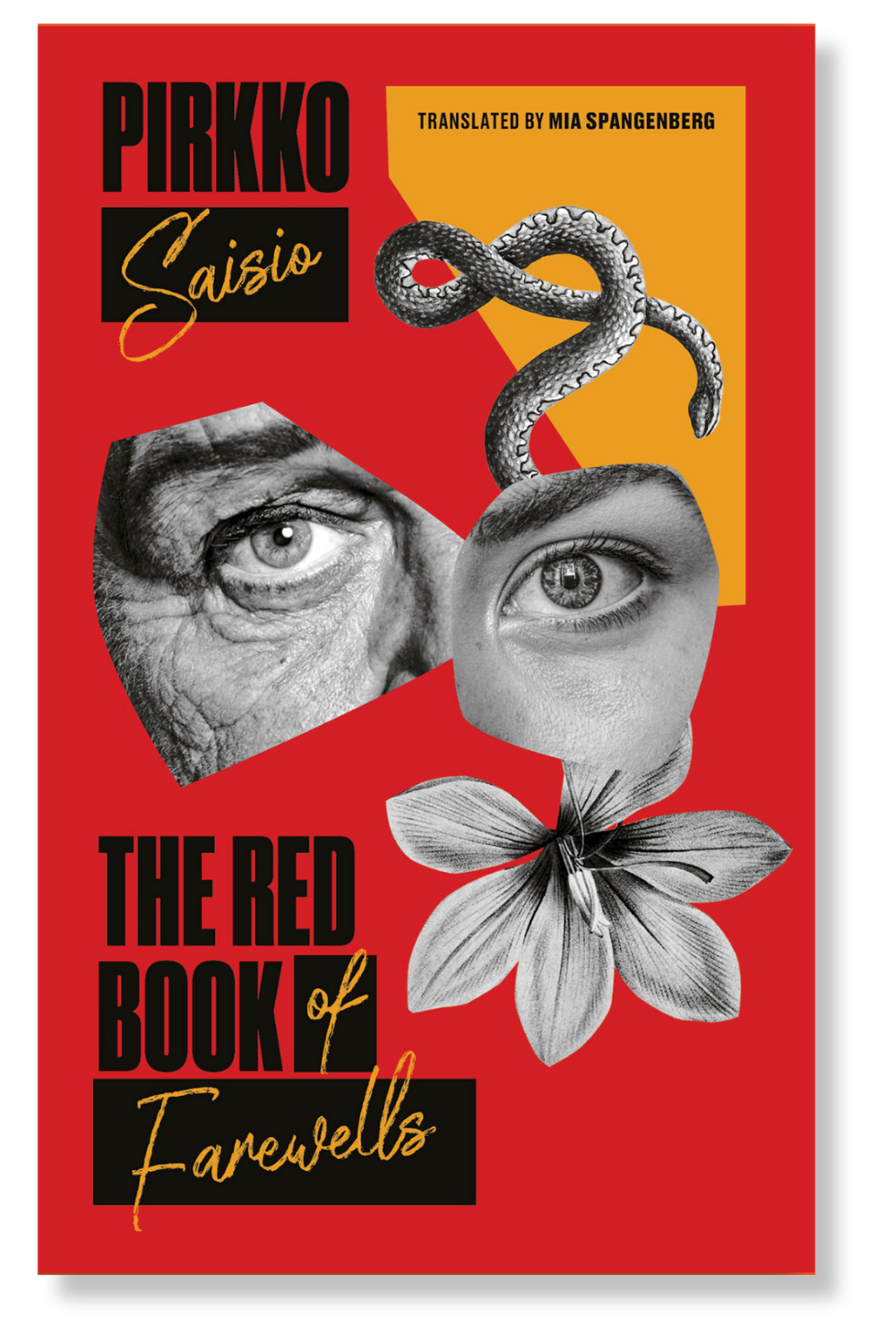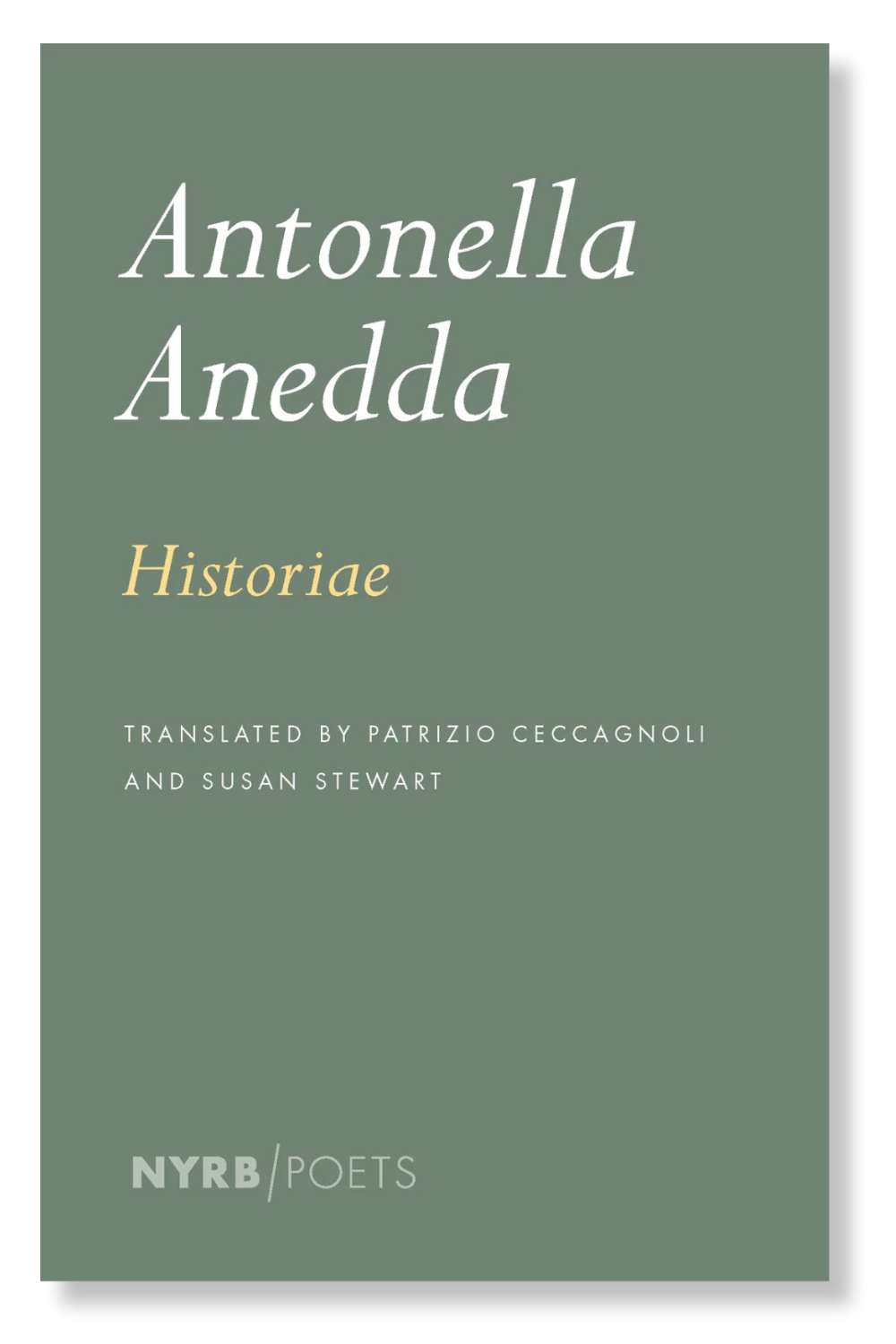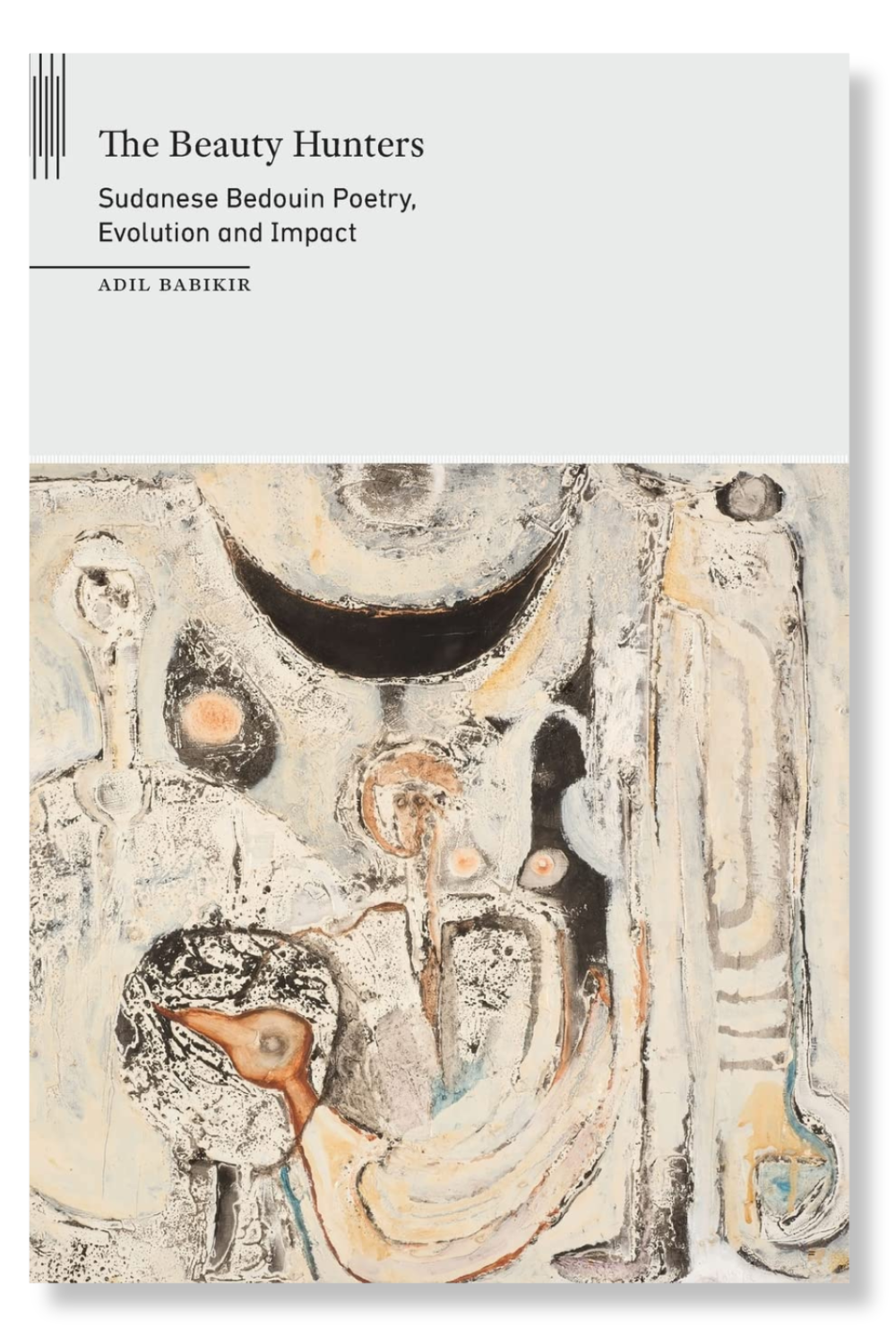From Verso Books | Hit Parade of Tears by Izumi Suzuki, translated from the Japanese by Sam Bett, David Boyd, Daniel Joseph, and Helen O’Horan | Fiction | 288 pages | ISBN 9781839768491 | US$19.95
What the publisher says: “Izumi Suzuki had ideas about doing things differently, ideas that paid little attention to the laws of physics, or the laws of the land. In this new collection, her skewed imagination distorts and enhances some of the classic concepts of science fiction and fantasy.”
What Dexter Palmer at The Washington Post says: “Suzuki’s distinctly misanthropic voice enlivens these narratives of women whose mundane lives are altered—sometimes humorously, sometimes catastrophically—by science-fictional or supernatural occurrences.”
What I say: If Izumi Suzuki’s Terminal Boredom demonstrated her penchant for furious, even transgressive short fiction, Hit Parade of Tears gives a better sense of the range of her interests as a writer—both in terms of genre and style. In practice, that means everything from surreal time travel narratives to a chaotic tale of one woman’s foray into witchcraft. Impressively uncanny stuff.
From New Directions | Macunaíma by Mário de Andrade, translated from the Portuguese by Katrina Dodson | Fiction | 224 pages | ISBN 9780811227025 | US$17.95
What the publisher says: “Written over six delirious days—the fruit of years of study—Macunaíma magically synthesizes dialect, folklore, anthropology, mythology, flora, fauna, and pop culture to examine Brazilian identity. This brilliant translation by Katrina Dodson has been many years in the making and includes an extensive section of notes, providing essential context for this magnificent work.”
What Lucas Iberico Lozada at The New York Times says: “Some scholars have compared Macunaíma to James Joyce’s Ulysses, another totemic modernist novel from the 1920s whose allusive, wide-ranging play with language is as central to its identity as its plot.”
What I say: What happens when modernism and mythology collide—and then merge into something heretofore unseen? In Katrina Dodson’s translation, Mário de Andrade’s Macunaíma is bizarre and tactile, with images like this: “its great big smokestack spit up a whole cloud of mosquitoes, of midges gnats horseflies spiderwasps hornets rove-beetles botflies, all them bloodsuckers chasing away the drivers.” Dodson’s afterword provides even more literary and historical context for this dizzying novel.
From Two Lines Press | The Red Book of Farewells by Pirkko Saisio, translated from the Finnish by Mia Spangenberg | Fiction | 250 pages | ISBN 9781949641462 | US$24.95
What the publisher says: “Pirkko Saisio’s autofictional novel, in Mia Spangenberg’s tender translation from Finnish, is a mesmerizing account of radical politics and sexual awakening in a series of farewells—to her mother, to the idealism of youth, to friends and lovers, and finally to her grown daughter.”
What Elizabeth Hoover at Delphic Reviews says: “In The Red Book of Farewells, readers weave in and out of different eras in Saisio’s life, disturbing a sense of linear time. All the while creating thought-provoking contrasts of Saisio’s sense of self, who and what she holds dear, and who or what she is ready to relinquish.”
What I say: Pirkko Saisio’s The Red Book of Farewells is an at times overwhelming work, its structure shifting focus and moving across different windows of time. It’s also about the complex relationship between art and politics, and the challenges and hypocrisies of a society that advocates revolutionary politics while enforcing regressive social norms. It’s a challenging book, both thematically and formally, which offers readers plenty to discuss.
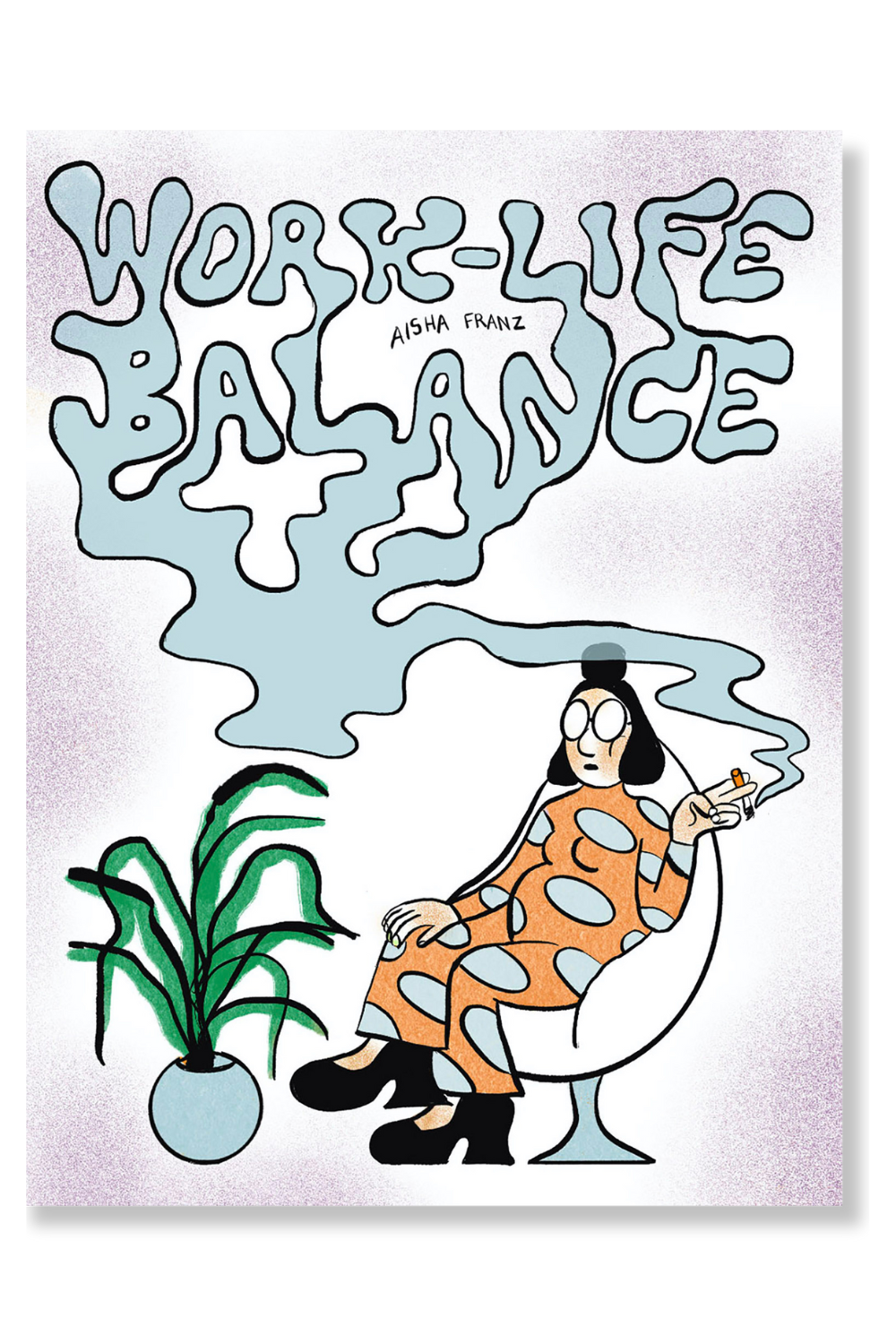 From Drawn & Quarterly | Work-Life Balance by Aisha Franz, translated from the German by Nicholas Houde | Graphic novel | 256 pages | ISBN 9781770466906 | US$24.95
From Drawn & Quarterly | Work-Life Balance by Aisha Franz, translated from the German by Nicholas Houde | Graphic novel | 256 pages | ISBN 9781770466906 | US$24.95
What the publisher says: “Soon the boundaries between work and life begin to bleed into each other and it becomes increasingly impossible to find balance. All the solace the characters expect their therapist to provide is obscured by her quirks, whims, and psycho-parlance, leading to sessions that are neglectful at best and actively inhibit growth at worst. In striking colors and trippy transformational sequences, Aisha Franz captures the comedic absurdity of contemporary work-life and wellness culture.”
What Publishers Weekly says: “Berlin-based cartoonist Franz follows her LA Times Book Prize finalist Shit Is Real with a caustic comedy about the ways young people try (and often fail) to reconcile their online lives with time IRL. [ . . . ] Franz’s mordant and melancholy graphic novel reveals the irony of ‘social’ media.”
What I say: There’s a lot going on in Work-Life Balance, which follows a trio of frustrated people who have little in common except for their therapist. Characters here grapple with everything from their own predatory behavior to artistic envy, and there’s an ongoing subversion of authority in nearly every page. Aisha Franz’s artwork also manages to be both deadpan and surreal, offering a kind of ecstatic freedom the book’s characters can’t quite achieve.
From NYRB Poets | Historiae by Antonella Anedda, translated from the Italian by Susan Stewart and Patrizio Ceccagnoli | Poetry | 160 pages | ISBN 9781681376967 | US$16.00
What the publisher says: “In this bilingual edition, Anedda writes about the aftermath of centuries of colonization, about the ongoing European immigration crisis, and about the wild Sardinian archipelago of La Maddalena and the teeming Roman neighborhood of Trastevere—places between which she has divided her life—in a wonderfully various collection where poems of community frame poems of private life, among them a moving elegy for her mother.”
What Cindy Juyoung Ok at Harriet Books says: “Narrating the reality of a colonized region and its flattening of language (‘The most barbarian sounds endure’), Anedda offers a poetry not of witness but of a gray avowal, ‘the color of ash and smoke.’”
What I say: The poems found in Historiae are far from lengthy, but Antonella Anedda can say plenty with a handful of words. The lines “When my mother swam for the last time / the sea was rustling like a poplar”—from “Woods, Water”—are but one example. Anedda’s work also juxtaposes the personal and the pastoral in intriguing ways, constantly striving to capture overlapping contexts.
From University of Nebraska Press | The Beauty Hunters: Sudanese Bedouin Poetry, Evolution and Impact by Adil Babikir | Nonfiction/Poetry | 160 pages | ISBN 9781496235206 | US$30.00
What the publisher says: “The Beauty Hunters offers a rare insight into Sudanese Bedouin poetry, its evolution, aesthetics, and impact. Through an in-depth profile of al-Ḥārdallo, the doyen of this art form, Adil Babikir explores the attributes that established him as a poet of international stature.”
What Arablit & Arablit Quarterly says: “Not only is [al-Ḥārdallo] a central figure in the poetic tradition Babikir traces in the book, but he is also a compelling character, who lived through three distinct periods of Sudanese history: Turco-Egyptian rule (1820–1885), Mahdist rule (1885–1898), and part of the Anglo-Egyptian era (1898–1956).”
What I say: History and translation combine in this enlightening look at the events that helped to shape a poetic tradition. Adil Babikir’s book focuses largely on the work of the poet al-Ḥārdallo, with a sizable portion given over to translations of al-Ḥārdallo’s poems. Taken in tandem, these aspects make The Beauty Hunters a fascinating and enlightening read—and one that gives the reader a sense of Babikir’s passion for this work.
Copyright © 2023 by Tobias Carroll. All rights reserved.
Looking for more reading suggestions? Check out Tobias Carroll’s recommendations from last month.
Disclosure: Words Without Borders is an affiliate of Bookshop.org and will earn a commission if you use the links above to make a purchase.










